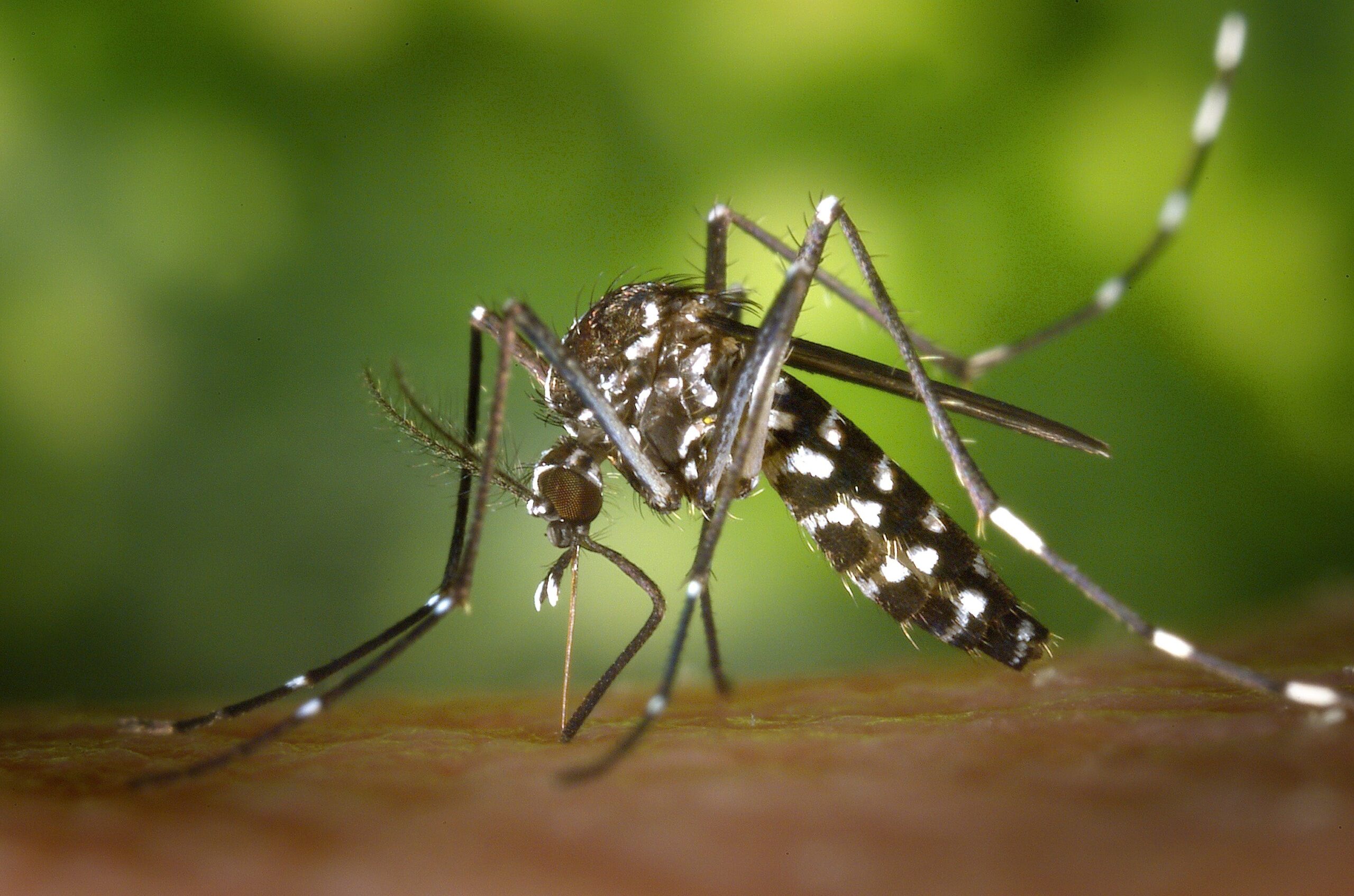Unveiling Malaria Grant Audits: Insights from Global Fund Projects in Ghana, Uganda, and Ethiopia
- March 7, 2024
- Africa / Malaria / OIG
- By Paul Nesara
- Read in French

Malaria is a public health and developmental threat in Africa. In 2022 globally, 249 million malaria cases led to 608,000 deaths, of whom 76% of deaths were children under five[1]. In the same year, the African Region experienced 94% of malaria cases and contributed to 95% of the global deaths, representing 233 million cases and 580,000 deaths[2]. Ethiopia, Nigeria, and Uganda continue to carry a considerable proportion of the global malaria burden. The trends also remain high in other “high burden to high impact” African countries that include Burkina Faso, Cameroon, the Democratic Republic of Congo, Ghana, Mali, Mozambique, Niger, and the United Republic of Tanzania. In 2022, the Office of the Inspector General (OIG) conducted independent audits of the Global Fund’s HIV, TB, and malaria grant performance in Ghana, Uganda, and Ethiopia, respectively. This article discusses an extract of the malaria component of the audit findings across each country.
What is common among the three countries?
Status of Malaria Interventions
Ghana has made significant strides in malaria prevention, largely due to its comprehensive approach, resulting in a decrease in morbidity and mortality. The country achieved a 40% reduction in malaria incidence and a 17% decrease in malaria-related deaths between 2015-2020, thanks to robust malaria prevention strategies, including vector control, chemotherapies, and vaccinations. Progress is noted, too, in Uganda, where insecticide-treated nets are used in all regions as a core vector control tool. Uganda recently transitioned to pyrethroid-piperonyl butoxide and new-generation nets due to resistance to the insecticide used in standard nets. Despite the interventions, between 2021 and 2022, malaria cases and deaths increased in Uganda by 37% and 28%, respectively, owing to the gaps in prevention, treatment, and data quality. Similarly, Ethiopia, which achieved substantial malaria treatment coverage, however, experienced a surge in new cases in the last two years. The Anopheles Stephani is increasingly becoming adaptable to the country’s metropolitan area. Almost all confirmed malaria cases in Ethiopia were put on treatment, while 19 million insecticide-treated nets were distributed during the 2022/2023 mass campaigns.
Procurement
Procurement delays were a common thread running through the three countries. Delays in government procurements, arising from suboptimal domestic commitment to timely commodity procurement in Ghana, resulted in stock-outs and increased stock-out risk of essential prevention and diagnostic commodities. This observation is also evident in Uganda, where sub-optimal commodity distribution delays have led to stock-outs in some peripheral health facilities, thus affecting essential commodities such as malaria treatments and diagnostic tests, with an average stock-out of two months. Program objectives were hindered by delays in mass distribution campaigns, and the limited routine insecticide-treated net distribution at the height of the COVID-19 pandemic. The issue was exacerbated by many non-interoperable systems, inadequate IT infrastructure, unreliable power supply, and restricted access and viewing rights on the electronic systems developed, thus limiting the Ministry of Health’s oversight role in the overall stock management. In Ethiopia, the use of insecticide-treated nets was hindered by procurement delays leading to stock-outs, which negatively impacted the continuity of services in the country, including in conflict-affected areas.
Data Collection and Management
The OIG discovered significant inaccuracies in Ghana’s routine programmatic data, with variances exceeding 20% at most sites visited. The challenges in data validation at the community level question the accuracy of data generated as it ultimately impacts decision-making. Poor data quality in Uganda and non-attainment of intermittent preventive therapy in pregnancy coverage impacted the malaria interventions among children under five and pregnant women. In Ethiopia, the lack of use of morbidity data to forecast demand impacted negatively on the malaria program. Further, the quality of data generated hindered the availability of information to respond to the surge in malaria cases in 2022.
A Reflection
Albeit progress made by the three countries with respect to the malaria response, the audit findings demonstrate that strengthening the health systems could enhance malaria prevention and control efforts. Country actors have an important role to meaningfully play and ensure procurement is done within the lead time, quality data are in place to inform the extent and the gravity of the situation on the ground, and that the last mile distribution is adequately structured to avoid stock interruptions at the periphery. Beyond this, planning that involves all country actors is essential to ensure every piece of the jigsaw puzzle is available before rollout of malaria interventions.
[1] Malaria in Africa – UNICEF DATA
[2] World Malaria Report 2023. Geneva: World Health Organization; 2023. Licence: CC BY-NC-SA 3.0 IGO


